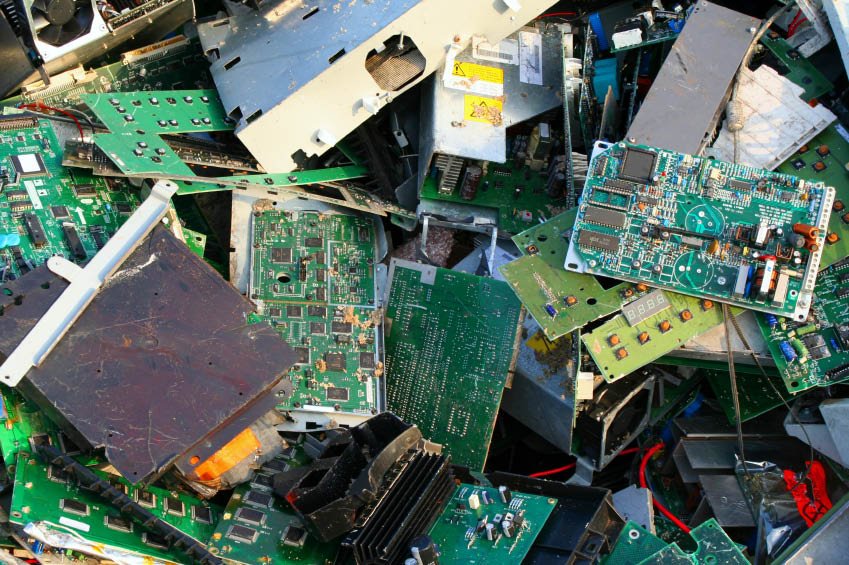 STAFF REPORT ISLAMABAD: Dumping of electronic waste has become a critical environment as well as human health issue in Pakistan as almost all developed states are regularly dispatching heavy consignments of their e-waste to poor countries particularly Pakistan, where not only the awareness about this issue is virtually non-existent but also the implementation of relevant laws is a problem.
STAFF REPORT ISLAMABAD: Dumping of electronic waste has become a critical environment as well as human health issue in Pakistan as almost all developed states are regularly dispatching heavy consignments of their e-waste to poor countries particularly Pakistan, where not only the awareness about this issue is virtually non-existent but also the implementation of relevant laws is a problem.
According to a UN report, the world collectively generates about 50 million tons of e-waste every year, which is disposed of by sending it mostly to poor and third world countries as it is 10 times cheaper than it is to locally recycle.
Most of the e-waste is exported to a few specific areas, such as Delhi in India, and Karachi in Pakistan. Many individuals are engaged in the e-waste industry in Karachi, a significant number of them are children.
Experts say that many consumers are not aware that electronics like computers and cell phones actually contain toxins that can leach out into the soil and damage the environment. The problem is further compounded by the fact that many of the elements used in the construction of consumer electronics are quite valuable, leading companies to attempt to recover them from abandoned electronics, and discard unwanted parts in a manner which is unsafe.
Latest studies reveal that computer waste contains brominates flame retardants (BFRs) which can accumulate in animals and humans, meaning that they can easily enter the bloodstream. Even if computers are recycled properly, the high temperatures allow BFRs to combine with other chemicals, which is very dangerous.
Though several nations have enacted laws about e-waste to try and keep it out of landfills, or in landfills which are equipped to handle toxic materials, yet the heavy metals in e-waste such as lead, cadmium, and mercury pose serious environmental and health risks.
Toxic fumes from e-waste in Pakistani villages have become a major environmental and health hazard. Mostly pure people from the villages burn these e-waste products, discarded computers, devices and gadgets.
Hazardous e-waste has become one of the biggest health risks of this century in Pakistan, with rising trend of bulk imports of used and obsolete computers and other electronic equipment from the West, taking full advantage of “yet to be enacted e-waste laws” in the country.
“It is a well known fact the developed countries get rid of their undesirable computers and other equipment considered scrap by sending shipments out to developing countries and Pakistan is a prime example of such behaviour,” says environmental expert Dr Iqbal.
He said that it is a point of major concern that there is no law in the country to effectively deal with e-waste hazards.
The existing Pakistan Environmental Protection Act 1997 does not cover the safe handling and disposal of hazardous e-waste and prevention of its import, he added.
M. Jamal, another environmental expert remarked that no one knows when Pakistan will be able to effectively cope with the problem of hazardous e-waste, perhaps not before the adults and children start suffering from serious health disorders by exposing to lead and other lethal chemicals present in e-waste.
He said that proper legislation and its implementation is the need of the hour to control this menace.
Punjab Environment Protection Agency Director General Maqsood Ahmad Lak has said that there is a dire need for focusing on the management of e-waste, which is a modern era threat to the environment.
Although Pakistan is a signatory to the Basel Convention on the Control of Trans-boundary Movements of Hazardous Wastes and their Disposal, the government has done much little to check and regulate toxic imports.